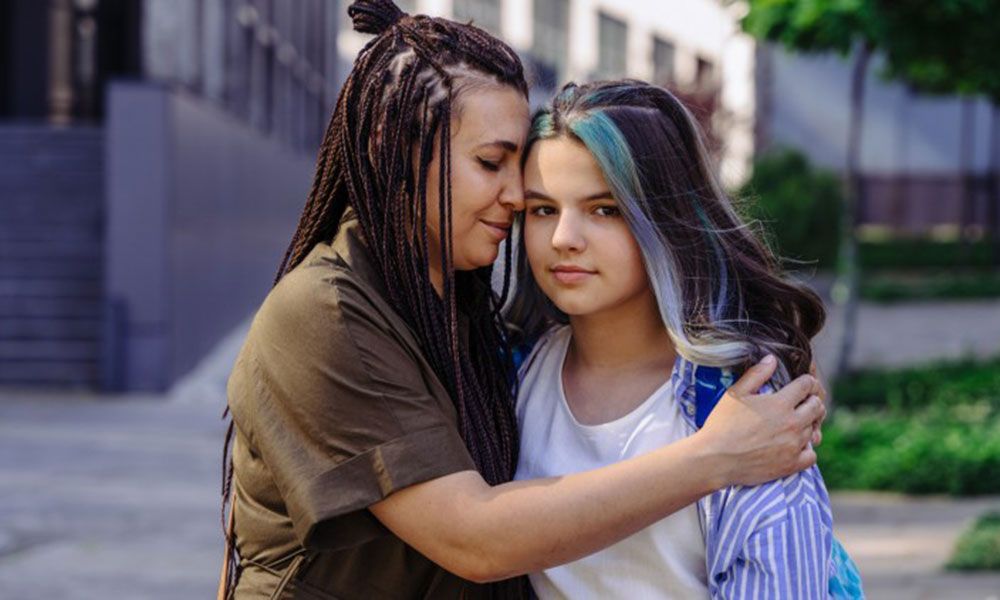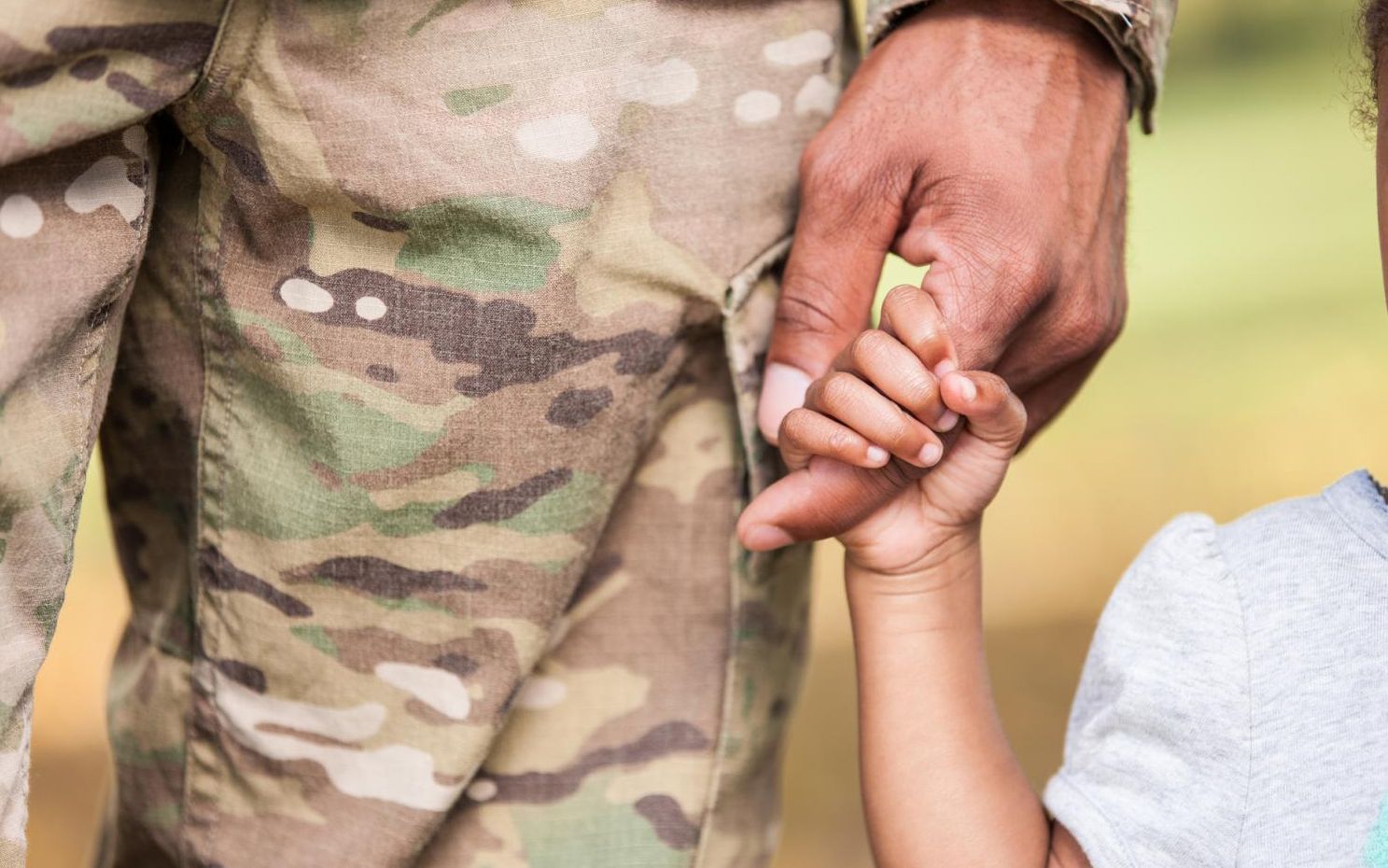Are more parents letting their teens drink during the pandemic?

family-selfie-AdobeStock_228049612-jackfrog_0
Image: Adobe Stock/jackfrog
May 10, 2021
COVID-19 stay-at-home orders during spring 2020 dramatically changed daily life and created significant challenges for families. A new study published in the Journal of Adolescent Health found that 1 in 6 parents first allowed their adolescent children to have an alcoholic drink with their families during the COVID-19 shutdown.
The research team surveyed 456 U.S. parents and their children ages 10-17, who reported on drinking behavior before and during the pandemic. According to surveys before the shutdown, no parents in this study allowed their children to drink. But when most places were shut down in spring 2020, one in six reported that they allowed their children to drink alcohol with a family meal or special occasion.
This is of particular concern because adolescents who drink may be more likely to engage in binge drinking or develop an alcohol use disorder later in life, said the paper’s lead author, Jennifer Maggs, Penn State professor of human development and family studies and Edna P. Bennett faculty fellow in prevention research.
“Parents everywhere are struggling to manage overwhelming demands during the pandemic, but it would be much better to find other privileges or treats,” Maggs advised. “The evidence shows that alcohol can have toxic effects on adolescents’ developing brains.”
The study’s principal investigator, Shawn Whiteman, professor of human development and family studies at Utah State University, added, “We were surprised that many younger siblings were permitted to drink along with their older brothers and sisters. Despite the challenges, parents may wish to be careful, because earlier exposure to alcohol during adolescence is associated with a range of long-term problems.
Adolescents who previously drank without their parents’ permission and those who had parents who drank themselves were more likely to be permitted to drink.
The study concluded that annual doctor visits should follow American Academy of Pediatrics guidelines to “screen for alcohol use and support parents to maintain alcohol-free childhoods.”
This work is part of the ongoing Parent and Adolescent Sibling Study, funded by the National Institutes of Health.
Story source: Penn State News
Are more parents letting their teens drink during the pandemic?

family-selfie-AdobeStock_228049612-jackfrog_0
Image: Adobe Stock/jackfrog
May 10, 2021
COVID-19 stay-at-home orders during spring 2020 dramatically changed daily life and created significant challenges for families. A new study published in the Journal of Adolescent Health found that 1 in 6 parents first allowed their adolescent children to have an alcoholic drink with their families during the COVID-19 shutdown.
The research team surveyed 456 U.S. parents and their children ages 10-17, who reported on drinking behavior before and during the pandemic. According to surveys before the shutdown, no parents in this study allowed their children to drink. But when most places were shut down in spring 2020, one in six reported that they allowed their children to drink alcohol with a family meal or special occasion.
This is of particular concern because adolescents who drink may be more likely to engage in binge drinking or develop an alcohol use disorder later in life, said the paper’s lead author, Jennifer Maggs, Penn State professor of human development and family studies and Edna P. Bennett faculty fellow in prevention research.
“Parents everywhere are struggling to manage overwhelming demands during the pandemic, but it would be much better to find other privileges or treats,” Maggs advised. “The evidence shows that alcohol can have toxic effects on adolescents’ developing brains.”
The study’s principal investigator, Shawn Whiteman, professor of human development and family studies at Utah State University, added, “We were surprised that many younger siblings were permitted to drink along with their older brothers and sisters. Despite the challenges, parents may wish to be careful, because earlier exposure to alcohol during adolescence is associated with a range of long-term problems.
Adolescents who previously drank without their parents’ permission and those who had parents who drank themselves were more likely to be permitted to drink.
The study concluded that annual doctor visits should follow American Academy of Pediatrics guidelines to “screen for alcohol use and support parents to maintain alcohol-free childhoods.”
This work is part of the ongoing Parent and Adolescent Sibling Study, funded by the National Institutes of Health.
Story source: Penn State News
Related People
Related People









